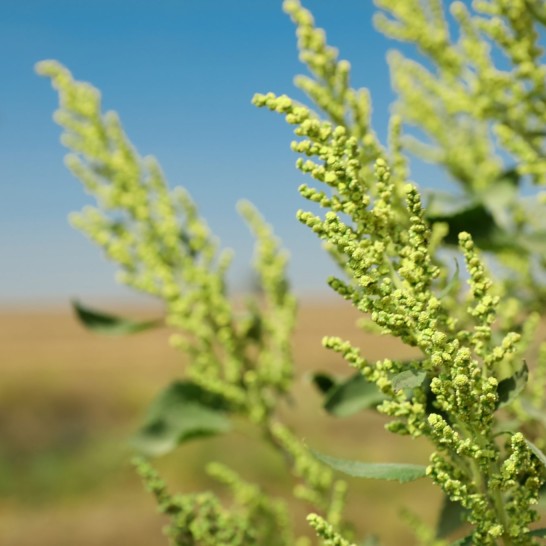According to the Asthma and Allergy Foundation of America, about 40 million Americans are afflicted with seasonal allergies. NurseWise, a national multilingual nurse triage and health education provider, has assembled a few helpful tips to help you proactively manage your exposure and response to allergens and allergy triggers.
• 1. Consider allergy testing. Consult your primary care physician, allergist or medical provider of choice to find out about the benefits of allergy testing. Allergy testing allows your medical provider to pinpoint the specific triggers that your body responds to and the severity of your reaction. Allergy testing has come a long way in the past decade, and once you know what works well with and for your body, you and your medical provider can create a specific plan to increase your level of comfort during allergy season.
• 2. Reduce your exposure to outdoor allergens. You should stay indoors as much as possible on dry and windy days. The best time to go outside is after a good rain. The rain helps clear pollen build up on automobile surfaces and other stationery outdoor spaces. Don’t hang laundry to dry outside to avoid pollen adherence to clothing and linens.
• 3. Keep a daily pulse on allergy counts. Seasonal allergy signs and symptoms can flare up when there’s a lot of pollen in the air. Make sure to check your local TV or radio station or download an app to check the current pollen count. Pollen counts are at their peak in the morning, so try to limit outdoor activities during peak pollen times.
• 4. Keep indoor air clean. Take steps like using the air conditioning in your home and car can improve the quality of the air you breathe. To make the use of air conditioning even more effective, use high-efficiency air filters and change them per the manufacturer’s guidelines to ensure the best quality air flow. Lastly, keeping your carpets and floors clean and dust free will eliminate allergy inducing pet dander and debris.
• 5. You are what you eat. Many people fail to realize that certain foods can heighten allergic responses and increase inflammation. Start keeping a watchful eye on your food intake. When you notice symptoms like nausea, headache, dizziness or an itchy throat or wheezing, take note of the foods you’ve consumed. You may notice a trend that the foods you’re eating are additional culprits and irritants in your battle against seasonal allergies. Avoid dairy products, chocolate and added sugars when you’re experiencing an allergic flare or considering an outdoor adventure. Also, be sure to drink plenty of water to keep your body hydrated and best positioned to detox and fight inflammation.
For more information and health tips, visit http://www.aafa.org.
###
September 3, 2014
floridatoday.com
You may also be interested in . . .
Summer Allergies
What do you look forward to in the summer months? I bet it isn't summer allergies! Whether you are planning to be the grill master or the ultimate host of…
Botanical Sexism: Does it impact allergy sufferers?
What is Botanical Sexism? Tom Ogren, horticulturist and allergy researcher, has done extensive research on ways to reduce pollen counts and pollen…
Ragweed and Fall Pollen Allergies
Back to school season is here! Shorter days, crisp, cool evenings, and beautiful fall foliage are on the horizon. This time also marks the onset of weed…



